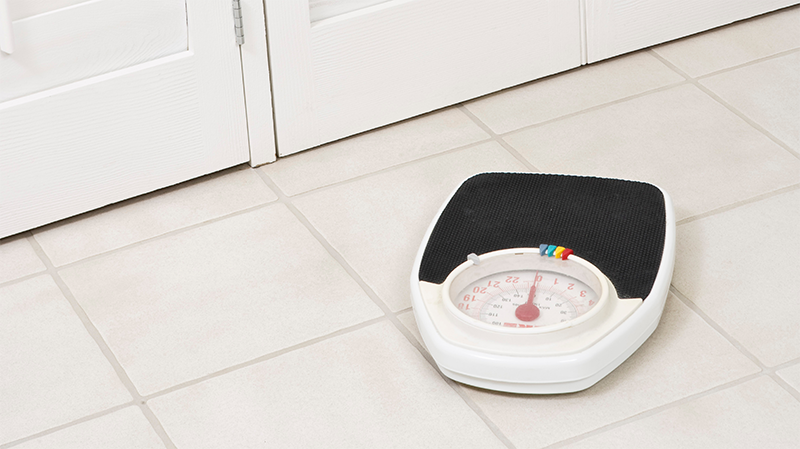5 reasons why bathroom scales are misleading

Marsden is the leading supplier of medical weighing scales to hospitals, and the weighing scales we provide are calibrated to medically-approved accuracy.
Manufacturing and calibrating weighing scales to this level of accuracy and reliability invariably means they will command a higher price than your typical bathroom scales.
But why can using standard low-cost bathroom scales result in misleading weight readings? And why should you consider spending a bit more for a reliable weight result?
Previously, the BBC’s One Show looked into the effectiveness of bathroom scales – we featured their report in this blog post. Now, this blog post looks at five reasons bathroom scales are misleading.
1. Inconsistency with other scales
Due to the rigorous testing they are subjected to to obtain Class III Approval, medical scales are more accurate than bathroom scales.
The greater margin of error you’re likely to get with bathroom scales means that it’s highly likely they’ll give a different reading to scales you’re weighed on at your GP, hospital or local slimming group.
Inconsistency between the weighing scales you use at home and the scales you’re weighed on elsewhere means you can never get a true picture of whether you’re gaining weight or losing it. This’ll result in frustration, confusion and no real idea of what your true weight is.
2. Inaccuracy of readings
If you only ever use one scale, there is less confusion over what your weight is, as your gains or losses are based on the weight readings given by the same scale.
However, bear in mind there is much greater margin of error with a bathroom scale than there is a professional Class III Approved scale. Therefore, you may assume you are much lighter, or much heavier than you really are. Still, ignorance is bliss, as they say.
3. Lower build Quality
Bathroom scales are generally built from budget components, whereas Class III scales are built from high quality material for a long lasting finish. Class III Approved scales are usually subject to heavy usage in hospitals. They’re also expected to work after month after month of living in a car boot as a health visitor or personal trainer’s weighing scale.
Therefore, Class III Approved scales will generally be much more robust than their bathroom scales equivalents. Take for example the Marsden M-430. Its reinforced aluminium structure means it’ll last year after year yet continue to stay reliable.
4. Minimal testing
Class III scales are subject to thorough testing to ensure they are highly effective and suitable for weighing in medical establishments as well as elsewhere. This is because Class III Approved scale are a legal requirement for medical use, therefore it is absolutely essential that they are tested and calibrated by experts before being shipped to a customer.
Typical bathroom scales will not be subject to this degree of testing.
5. Only part of the picture
Many bathroom scales will only provide you with a single weight reading – which does not give you a clear understanding of your whole body health.
You can find out whether you are underweight, overweight or obese by filtering your Body Mass Index (BMI) which looks at your weight compared to your height.
This still doesn’t tell the full story, as it doesn’t reflect muscle mass and fat mass in your body. The idea that you have ‘lost weight’ may be good or bad, depending on these readings. Find out more in this body composition white paper.
Factors away from the scale’s quality can also affect the reading. Scales used on carpets are more likely to be inaccurate as the scale can sink into the carpet – which is why Marsden recommends all scales are used on hard surfaces. More on this science is explained here.
Bear in mind as well that all scales will lose accuracy over time, but of course the less accurate they scale is in the first place, the more pronounced the error the longer the scale is used for.
To browse our full range of medical scales click here. To find out more about choosing the right weighing scale for you, call us on 01709 364296 or contact us here.